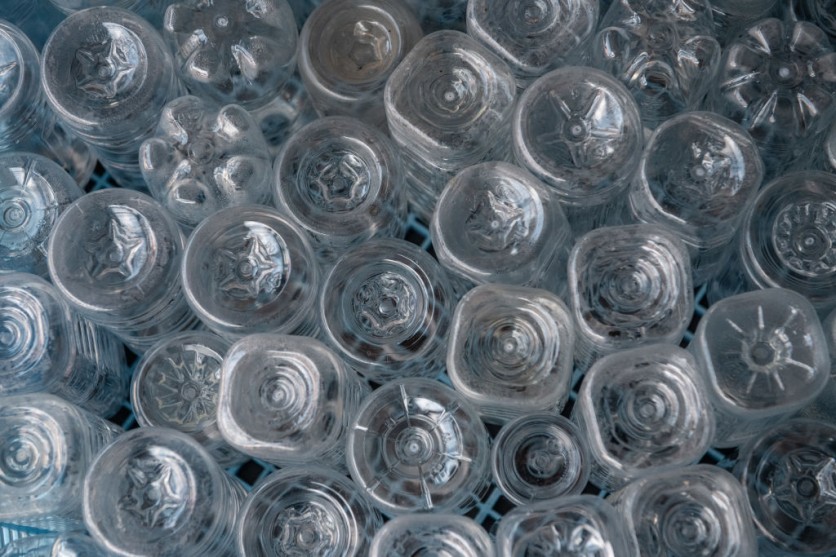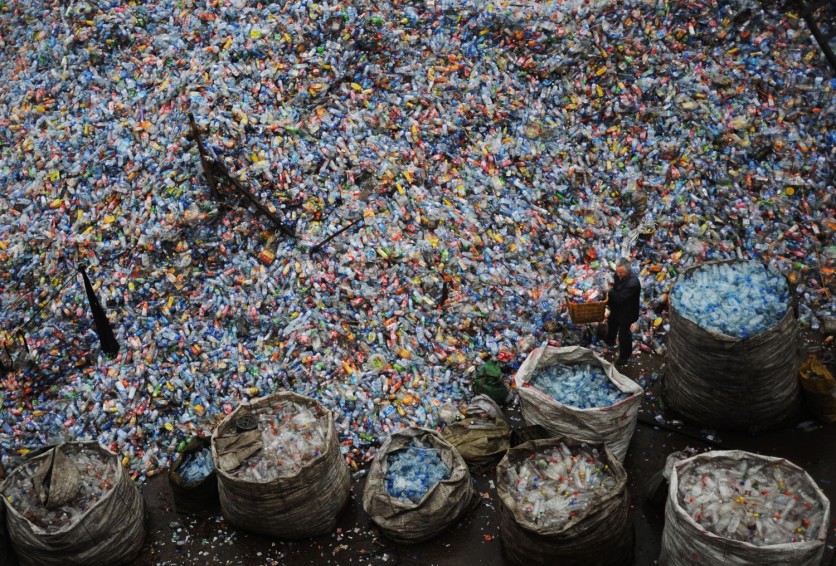A plastic-eating 'super-enzyme' could solve the never-ending global plastic pollution. That is what researchers in Colorado have found in their recent experiment. If this works, all plastic materials in the world will no longer be dumped anywhere but be reused to become plastic materials again. Here's how it's possible.
Plastic-eating enzymes: Key to ending plastic pollution?

Plastic pollution is one of the most serious environmental problems in the world. More than 300 million tons of plastic materials are being produced every year.
Most of them are being dumped carelessly in land or water, which results in a much worse problem that some of the food we partake contains microplastics from eating fishes or any seafood.
A lot of environmental groups already demanded single-use plastic, but the production still increases over time.
To help curb this issue, a group of researchers from the Center for Enzyme Innovation in the UK and the National Renewable Energy Laboratory in Colorado created "super-enzymes" that they engineered to break down plastic materials within a couple of days only.
How did they create it?
As explained via Business Insider, plastic-eating bacteria is no longer a new concept for scientists. In 2016, researchers in Japan first found this organism that produces two enzymes that help them break down PET within weeks. Scientists dubbed the enzymes PETase and MHETase.
The same study was also the inspiration behind the Colorado researchers. They studied the findings of Japanese researchers and changed it to make it faster.
"PETase attacks the surface of the plastics, and MHETase chops things up further, so it seemed natural to see if we could use them together, mimicking what happens in nature," biologist John McGeehan, the lead author of the study, said in a press release.
Interestingly, they were successful and developed 'super-enzymes,' which boasts to breakdown plastic materials six times faster than before.
How does it work?

Here's the simple explanation of how this works. The 'super-enzymes' will be eating the plastic material, which they will break for at least days.
Instead of companies to create another set of plastics, the enzymes will only be used to reuse the original plastics which are already present today.
Isn't that amazing?
ALSO READ: Scientists Discover 1.9 Million Plastic Pieces On Ocean Floor
This article is owned by Tech Times
Written by Jamie Pancho




